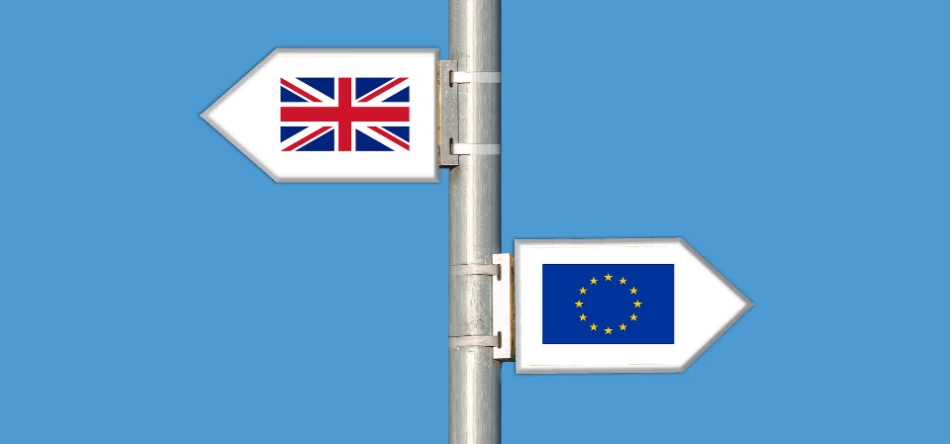
Partner Article
A Brexit Snapshot: How Garden Retail is Affected
As business as in life, testing times can often result in a door of opportunity opening somewhere. As we survey the scene post Brexit, in my industry of garden retail there certainly seems to be many flip sides to the knock on effects which can make for uncertain times.
It’s a sector I love, and in terms of the market, fluctuations seem to be linked to the lifestyle of Brits in general. Some of Brexit’s effects will be exclusive to garden retail, but on the whole, I believe the advantages, and disadvantages, of our European Union exit apply across the board.
The heavy and swift blow that Brexit struck to the pound probably means we will be going on less holidays. Booking them, and spending money on them is now likely to be more expensive. That’s good for us, as it means that Brits will be spending more time in their gardens, enjoying the patchy but occasionally glorious British summer. For any businesses, either consumer facing or B2B, that relies on consumer spending on home soil for the general health of its market, this appears to spell good news.
Any business that relies on the purchasing of goods from outside the UK could be in for a rough time. A fellow member of my own industry forecast that costs could rise by about 15 per cent purely due to the weakening of the pound. This is the harsh reality for many companies, but might encourage more domestic sourcing of goods, with positive effects for those down the supply chain.
Another problem which isn’t unique to garden retail but is certainly relevant to it, is the cloud that has appeared above the heads of our foreign workers. They might now be tempted to seek employment in the EU because of the drop in the value of their salary, and there is also the uncertainty of their visa situation in the future, which is far from clear at the moment. Industries like ours that rely heavily on a work force from overseas might also bear the brunt of this.
However, as I assured you at the start of this piece, it is far from all doom and gloom. Many of the factors that contributed to the strength of our sector and others seem to have remained relevant in the Brexit aftermath.
Take the property market for instance, which you might expect to slow down in the face of the successful ‘Yes’ vote. On the contrary, the dive in interest rates means property is still the most attractive place to invest their money for the future for many Brits. The Independent recently reported a surge of foreign investors looking at luxury property in London, hoping to take advantage of the pound’s position. For us, more people moving house means more money spent on gardens. And from furniture, to home fitters and estate agents themselves, many industries will continue to profit from a strong property market in the UK.
And so it really is a case of pros and cons – the organisations that look set to perform the best in this new era are those that understand the circumstantial changes to the landscape of their market quickest, and are ready adapt to them.
Barnaby Taylor is a director at Authentic Lawns. www.authenticlawns.co.uk
This was posted in Bdaily's Members' News section by Barnaby Taylor .
Enjoy the read? Get Bdaily delivered.
Sign up to receive our popular morning National email for free.








 £100,000 milestone drives forward STEM work
£100,000 milestone drives forward STEM work
 Restoring confidence for the economic road ahead
Restoring confidence for the economic road ahead
 Ready to scale? Buy-and-build offers opportunity
Ready to scale? Buy-and-build offers opportunity
 When will our regional economy grow?
When will our regional economy grow?
 Creating a thriving North East construction sector
Creating a thriving North East construction sector
 Why investors are still backing the North East
Why investors are still backing the North East
 Time to stop risking Britain’s family businesses
Time to stop risking Britain’s family businesses
 A year of growth, collaboration and impact
A year of growth, collaboration and impact
 2000 reasons for North East business positivity
2000 reasons for North East business positivity
 How to make your growth strategy deliver in 2026
How to make your growth strategy deliver in 2026
 Powering a new wave of regional screen indies
Powering a new wave of regional screen indies
 A new year and a new outlook for property scene
A new year and a new outlook for property scene